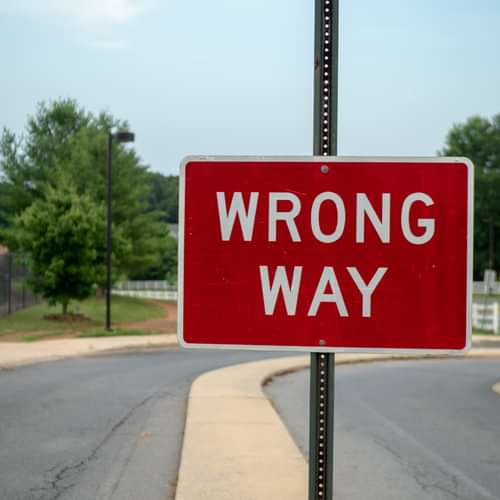
The Hierarchy of Customer Needs, Explained
The GME short squeeze and its aftermath have reminded us of something we all know but often forget: brand loyalty is one of the most powerful and valuable intangible assets, but it is also incredibly fragile.

The GME short squeeze and its aftermath have reminded us of something we all know but often forget: brand loyalty is one of the most powerful and valuable intangible assets, but it is also incredibly fragile.
Robinhood – the retailer trader’s brokerage of choice – launched in 2013. Today, the company has 13 million users, $20 billion in assets under management, a $12 billion valuation, and is planning to go public in late 2021.
Commission-free trades (in exchange for sharing order information with high-frequency traders), the ability to purchase fractional shares, and no-account minimums attracted a new generation of investors. The average age of a Robinhood user is 26.
In addition to favorable economics, Robinhood also positioned itself as the platform that would "provide everyone with access to the financial markets, not just the wealthy.” The company built significant brand equity as a key player in the democratization of financial markets.
This week, Robinhood’s management team decided to upset a trifecta of pundits, politicians, and customers by preventing users from buying shares or call options on a bucket of highly volatile stocks that had been shorted by hedge funds. In other words, Robinhood limited access to financial markets to the wealthy; the antithesis of its mission.
Was this the right decision? That remains unclear. But to Robinhood’s customers, it’s a moot question.
The foundation of any relationship – personal or professional, commercial or consumer, transactional or strategic – is trust. Robinhood broke the trust of its customers.
Overnight, nearly 100,000 users gave the app a one-star rating on the Google Play Store, taking it from an average of four stars to one with the intent of manipulating Google’s recommendation algorithm. Meanwhile, on Twitter, #robinhoodboycott started trending and hundreds of thousands of users committed to deleting the app. Also, venture capital backers began withdrawing support from the management team which led to an emergency infusion of $1 billion and has jeopardized plans for one of the most anticipated IPOs of 2021.
What happened to Robinhood this week (or, depending on your POV, what Robinhood did to itself this week) is not unique. Too often, brands take customer loyalty for granted and they do so at the risk of sustainable growth.
The author, Anthony Bahr is Managing Director of Customer Due Diligence at Strategex. He has overseen numerous projects which analyzed customer relationships at SaaS companies.
 Contact Anthony
Contact AnthonyWe Partner with Top Companies
We work with some of the largest business-to-business companies in the world, some leading private equity firms, and some emerging small businesses. Need a referral? Just ask.









The Hierarchy of Customer Needs, Explained

The Hierarchy of Customer Needs, Explained

NPS: Stop Doing It Wrong

NPS: Stop Doing It Wrong

Analyzing Churn During SaaS Due Diligence

Analyzing Churn During SaaS Due Diligence
Contact us to see how we can help your business today.
Never miss a beat. Get our latest insights in your inbox.